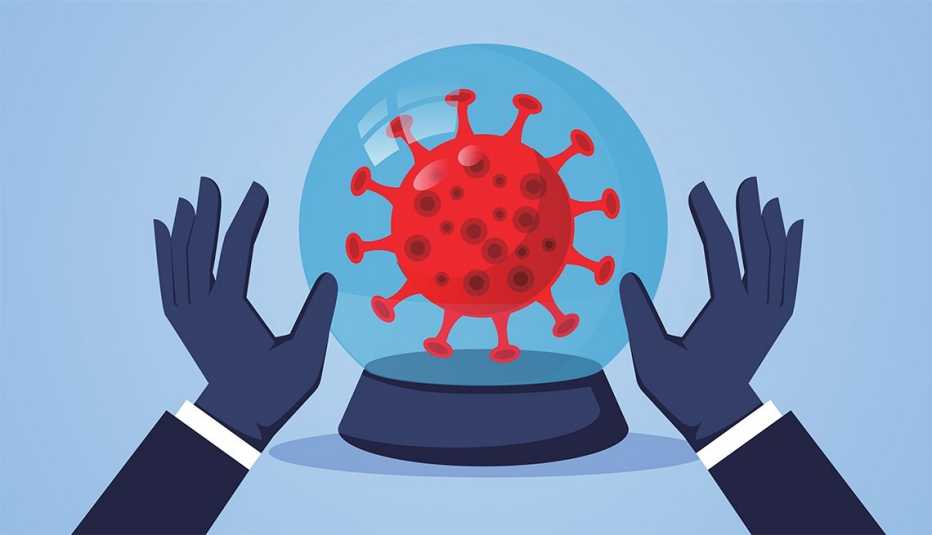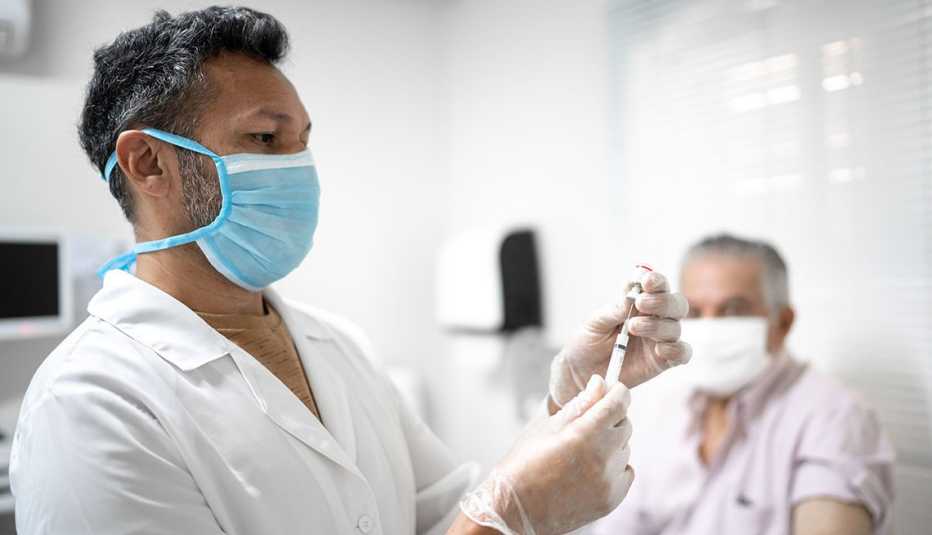Staying Fit
With the majority of older adults now vaccinated against COVID-19, health experts are turning their attention to younger generations. All adults age 18 and older are now eligible for Moderna's vaccine, and individuals 16 and older can get in line for Pfizer-BioNTech's shot. (Johnson & Johnson's single-dose vaccine, authorized for use in people 18 and over, is paused for now while U.S. health officials look into a rare blood clotting issue.)
Younger kids won't be far behind. Pfizer recently requested that the Food and Drug Administration (FDA) extend its vaccine's authorization to include children 12 and up. And both Moderna and Pfizer are studying how well their vaccines work in children as young as 6 months.


AARP Membership— $12 for your first year when you sign up for Automatic Renewal
Get instant access to members-only products and hundreds of discounts, a free second membership, and a subscription to AARP the Magazine.
"I would have to dust off my crystal ball, but I think it's very likely that sometime this summer, we're going to see vaccines authorized for [kids 12 and up],” says Bernhard Wiedermann, an infectious disease physician at Children's National Hospital in Washington, D.C. “And I'm very hopeful that it's going to be in time to immunize these children prior to school starting in the fall.” Doing so, he adds, would be a “tremendous benefit” for “controlling the pandemic.”
If someone you know is newly eligible for a COVID-19 vaccine — or could be in the near future — here are four points you can use to talk to them about the advantages of getting vaccinated.



































































